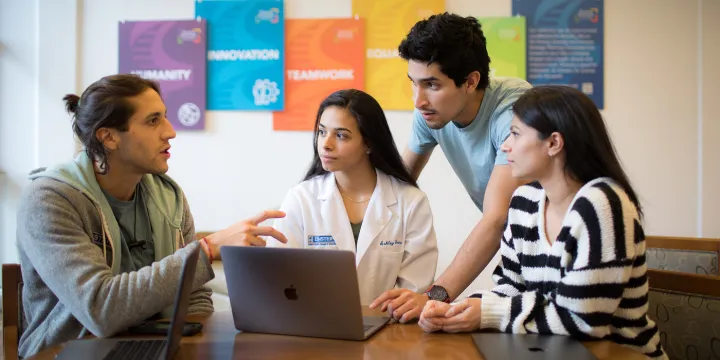Building upon our Bronx roots, our mission is to improve the health of the people and communities we serve through compassionate, patient-centered care, scientific discovery, humanistic education, and community engagement.
Contáctenos
Department of Medicine
Albert Einstein College of Medicine
Campus Jack and Pearl Resnick
Edificio Belfer, sala 1008
1300 Morris Park Avenue
Bronx, NY 10461
Médicos y pacientes
866-MED-TALK (866-633-8255)
Internal Medicine Residency Program
718-920-6097
Consultas administrativas
718-430-2591





